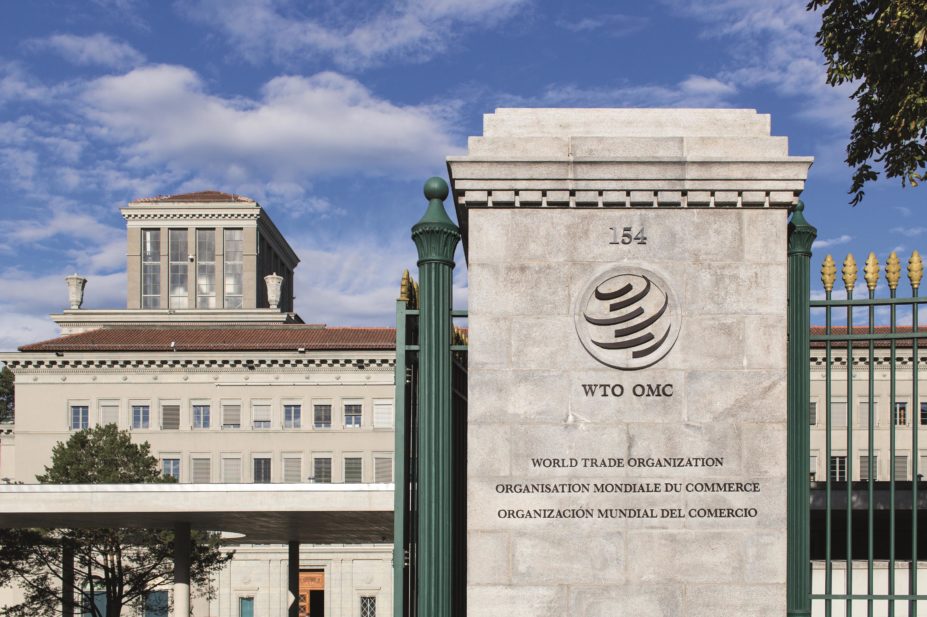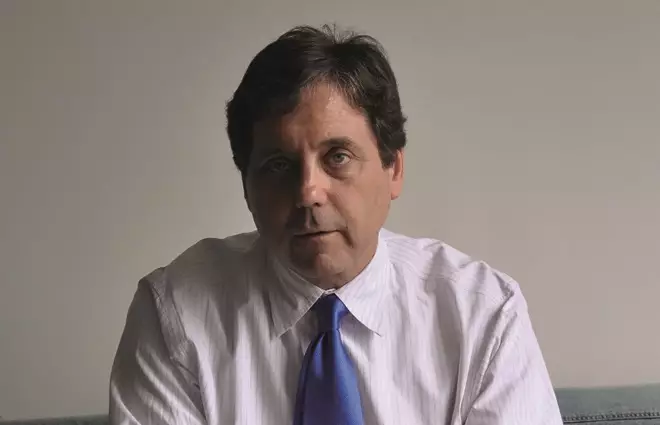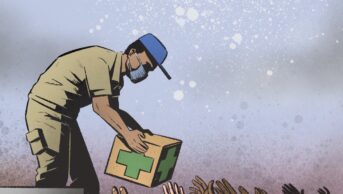
Martin Good / Shutterstock.com
The world’s poorest countries have been given an extension of 17 years to a waiver exempting them from implementing rules protecting drug patents and undisclosed clinical test data, the World Trade Organization (WTO) agreed on 6 November 2015.
This means health programmes in these countries will be allowed to continue to buy – and drug manufacturers to produce or import – cheaper generic medicines without breaching WTO patent rules until 1 January 2033. The decision was taken by the WTO’s Council for Trade-Related Aspects of Intellectual Property Rights (TRIPS).
Initially, these poor countries had called for an indefinite waiver to remain in place as long as they were designated least developed countries (LDCs), and had argued that this was vital for their weak and cash-strapped healthcare systems, while the United States had proposed only a ten-year extension to the current waiver, which ends on 1 January 2016.
Many rich and developing nations, including the European Union, had supported the LDCs’ stance; they also had been supported by global health agencies, including the World Health Organization and UNAIDS, and pro-poor advocacy groups such as Médecins Sans Frontières (MSF).
Cecilia Malmström, the EU Commissioner for Trade, says: “Even if this waiver is not quite as far-reaching as we would have hoped, it is very good news that there is a consensus in favour of a very long waiver period. This should provide the legal certainty and policy space needed by the least developed countries to ensure better access to medicines.”
Ambassador Shameem Ahsan of Bangladesh, coordinator of the LDC group in the WTO, says the “historic” decision will assure these countries the “necessary legal certainty to procure or to produce generic medicines for those who need it most but do not have any access”.
A senior US trade official told The Pharmaceutical Journal: “This understanding comes out of an extensive and constructive engagement between the United States and the LDC group. We’re very happy to have reached an agreement that’s good to all.”

Source: Dashiell Love
Jamie Love (pictured), director of NGO Knowledge Ecology International, thinks US trade policy continues to favour drug companies over poor people
However, commenting on the deal, Jamie Love, director of Knowledge Ecology International, a Washington-based pro-poor advocacy group, says: “The Obama administration trade policy continues to favour drug companies over poor people, and to prop a system that needs to be fixed and changed, and not defended.”
Similarly, Rohit Malpani, director of MSF’s access campaign, says, “The deal shows that the US government is more interested in backing the commercial interests of multinational drug companies in lieu of doing what’s fair for sick people in the world’s poorest countries.
“For the world’s poorest countries to be granted only a 17-year exemption on implementing intellectual property for pharmaceuticals is essentially kicking the can down the road, forcing this difficult debate to resurface.
“Unless LDCs are granted an exemption until they graduate from their status as LDCs, they’ll have to keep revisiting this debate.”

